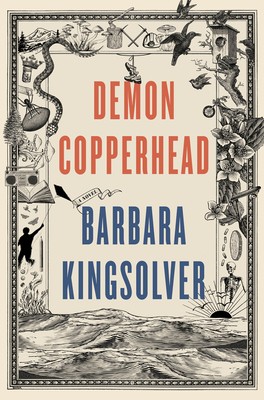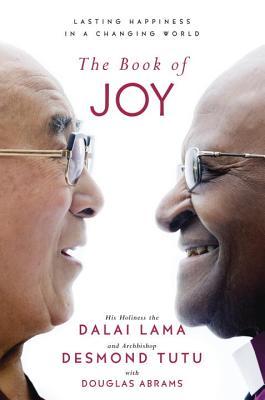I’m older every New Year, but that doesn’t stop me from delving into the language of young people. My own kids, the teens I coach, and hip podcasters keep me informed and curious about the ever changing world of slang. If you read my work, you must love learning about language too. So let’s kick off 2024 with a few words and phrases to keep you savvy in conversations at the work place or the coffee shop. (Or, around the dinner table with your kids.)
Rizz
Rizz was Oxford Dictionary’s Word of 2023. I heard my daughter use “rizz” early in 2023 and immediately requested an explanation. Rizz came up again at cross country practice this fall, when the kids had to explain to us “old” coaches what it meant to “rizz somebody up.”
Rizz = style, charm, or attractiveness; the ability to attract a romantic or sexual partner
Oxford Languages
According to Oxford, rizz gained popularity in 2023, especially after Tom Holland used the term in an interview. The actor stated, “I have no rizz whatsoever.” I think many ladies would argue with him on that.
Rizz is short for charisma. It’s fun to say and unusual for slang term since it comes from the middle of the word, not the beginning or the end. Users turn it into a verb by saying “rizz up”, which means to chat someone up or flirt with them. When my daughter used the word, she said, “I have rizz with the grandparents.” In that case, she meant she’s good at keeping a lively conversation going with older people, including her Nana and Grandpa. 😉
Stan
Have you ever heard of “stans” or has someone accused you of “stanning” something? Beware, being called a “stan” isn’t necessarily a compliment.
Stan (noun): an extremely or excessively enthusiastic and devoted fan [slang, often disparaging];
Merriam Webster
(verb) : to exhibit fandom to an extreme or excessive degree : to be an extremely devoted and enthusiastic fan of someone or something
According to Merriam Webster, “stan” first appeared in 2000, when the rap star Eminem released a song called “Stan” about just such an enthusiastic fan. I recently heard the term on the Hard Fork podcast and was surprised the slang had been around that long.
Out of pocket
No, this isn’t about your health care expenses. (I mean technically, yes, but not in slang world.) Kids these days use “out of pocket” to describe a statement, text, or comment that is strange, rude, unexpected, or inappropriate. At dinner last night, I shared a story from my college days about going to the gym with a male friend who told me we were going to “bench press until your breasts squirt milk.” My kids cringed. “That is an awful image,” they groaned. Husband said, “That guy said some out there stuff.” Our 21-year-old noted, “That’s what we would call, ‘Out of pocket.'”
Out of pocket can also mean, “unavailable” or “out of reach.” For an interesting dive into the origins of the different meanings of “out of pocket,” influenced by Black English and a 1908 O Henry short story, read Grammar Girl’s post on the 3 Meanings of Out of Pocket.
Omnibus
Ok, this word isn’t as much about hip slang as it is about politics and another looming government shut down. Omnibus has its roots in transportation, but today I’m interested in its meaning for legislation.
omnibus: (noun ): a usually automotive public vehicle designed to carry a large number of passengers; OR : a book containing reprints of a number of works (as of a single author or on a single subject)
Merriam Webster
(adjective): of, relating to, or providing for many things at once; OR : containing or including many items, such as an omnibus bill
Make Me Smart host Kimberly Adams recently mentioned the potential for an omnibus bill as Congress attempts to hammer out some budget agreements before January 19, 2024.
According to Merriam-Webster, the noun form of omnibus first appeared in the 1820s as a French word to describe long carriages that pulled people through the streets of Paris. The adjective omnibus derives from Latin, meaning “for all.” It could also reference the noun. Merriam Webster suggests using “omnibus” to describe a legislative bill could call up images of a bus filled with a lot of different people.
How about you? What interesting terms have you come across lately! Share your knowledge so we are all more word wise in 2024!
Thanks for getting nerdy with me!

















